Radeon RX 6700 XT
Rated: 8.4/10
AMD RX 7700 XT
Rated: 8.8/10
Pros And Cons
| GPU | Pros | Cons |
|---|---|---|
| Radeon RX 6700 XT | ✅Lower price than the RX 7700 XT ✅Slightly lower power consumption than its next-gen counterpart | ❌Noticeably lower performance than its successor ❌Higher temperatures on average |
| Radeon RX 7700 XT | ✅Much higher performance than the RX 6700 XT ✅Brings performance-per-watt improvements | ❌A higher price tag than the RX 6700 XT |
- The RX 7700 XT showcases superior gaming performance, averaging around 23.5% faster framerates compared to the RX 6700 XT.
- Despite its higher performance, the RX 7700 XT maintains similar power consumption to the RX 6700 XT, making it around 25% more power efficient.
- There’s a notable price difference between the two GPUs, with the RX 7700 XT being more expensive than the RX 6700 XT at launch.
- The RX 7700 XT offers a compelling option for users seeking top-tier gaming performance, while the RX 6700 XT remains a solid choice for budget-conscious gamers.
Comparison Table
| Technical Specs | Radeon RX 6700 XT | AMD RX 7700 XT |
|---|---|---|
| GPU | Navi 22 | Navi 32 |
| Architecture | RDNA 2 | RDNA 3.0 |
| Tensor Cores | 36 | 54 |
| RT Cores | 36 | 54 |
| TMUs | 160 | 216 |
| Best Variants | BEST RX 6700 XT | Best RX 7700 XT |
Architectural Differences
- Clock Speed: The RX 6700 XT has a base frequency of 2321MHz with a boost to up to 2581MHz. The RX 7700 XT has quite a lower base clock of 1700MHz while the boost was around 2544MHz.
- Process Size: The RX 6700 XT uses the 7nm fabrication process, whereas the RX 7700 XT uses the 5nm manufacturing process for its logical components.
- VRAM: Both cards have 12GB of video memory at the same bus width using the same technology.
- TDP: The RX 7700 XT has seen a TDP bump over the RX 6700 XT, going from 230 watts to about 245 watts.
The RX 7800 XT fell short of the improvement we expected it to be over its predecessor, but does the RX 7700 XT follow the same fate? This comparison of the RX 7700 XT vs RX 6700 XT will answer exactly that.
Gaming Performance Benchmarks
To make sure that neither card was getting choked by the rest of the components, we slotted them into a powerful test bench, the specifications of which are listed under:
Testing Rig
- CPU: Intel Core i7 13700k
- Motherboard: MSI Z790 Tomahawk Max WiFi Motherboard
- RAM: Kingston Fury Renegade RGB DDR5 32GB 7200MHz
- CPU Cooler: CORSAIR A115 CPU Air Cooler
- SSD: XPG GAMMIX S70 BLADE 2TB NVMe SSD
Starfield
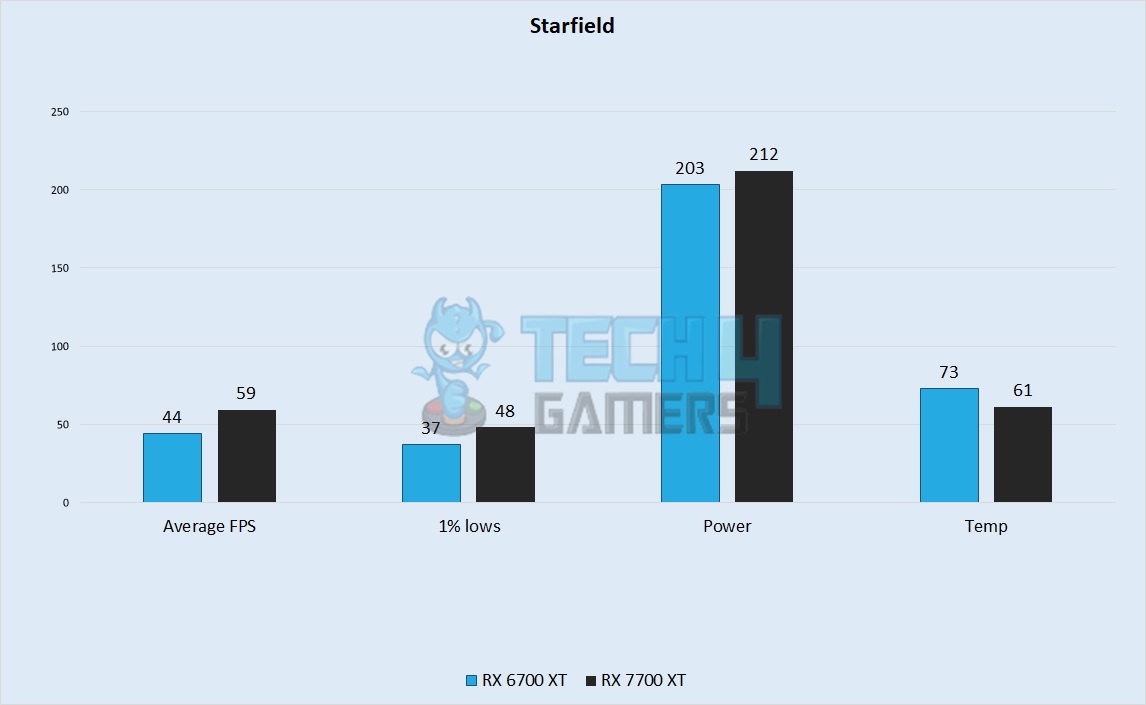
- Starfield really pushed my GPUs to their limits. My RX 6700 XT struggled, running about 25% slower than the RX 7700 XT. I was getting 44 FPS compared to 59 FPS with the latter.
- Even worse were the 1% lows. The RX 6700 XT dropped to around 37 FPS, while the RX 7700 XT went down to about 48 FPS during intense moments.
Remnant 2
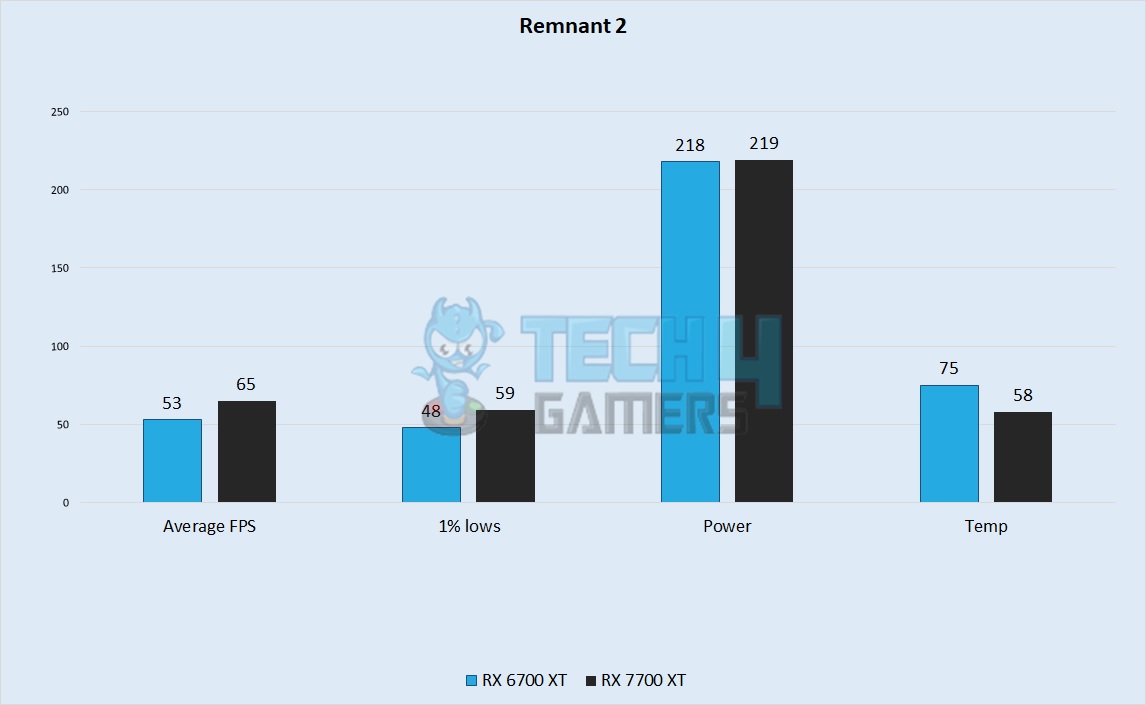
- Playing this game, my RX 7700 XT hit an average of 65 FPS, while the RX 6700 XT lagged behind at 53 FPS, giving the newer card an 18.5% edge.
- My RX 7700 XT held up decently with 1% lows around 59 FPS, but the RX 6700 XT’s 48 FPS average was frustrating during gameplay.
The Last Of Us
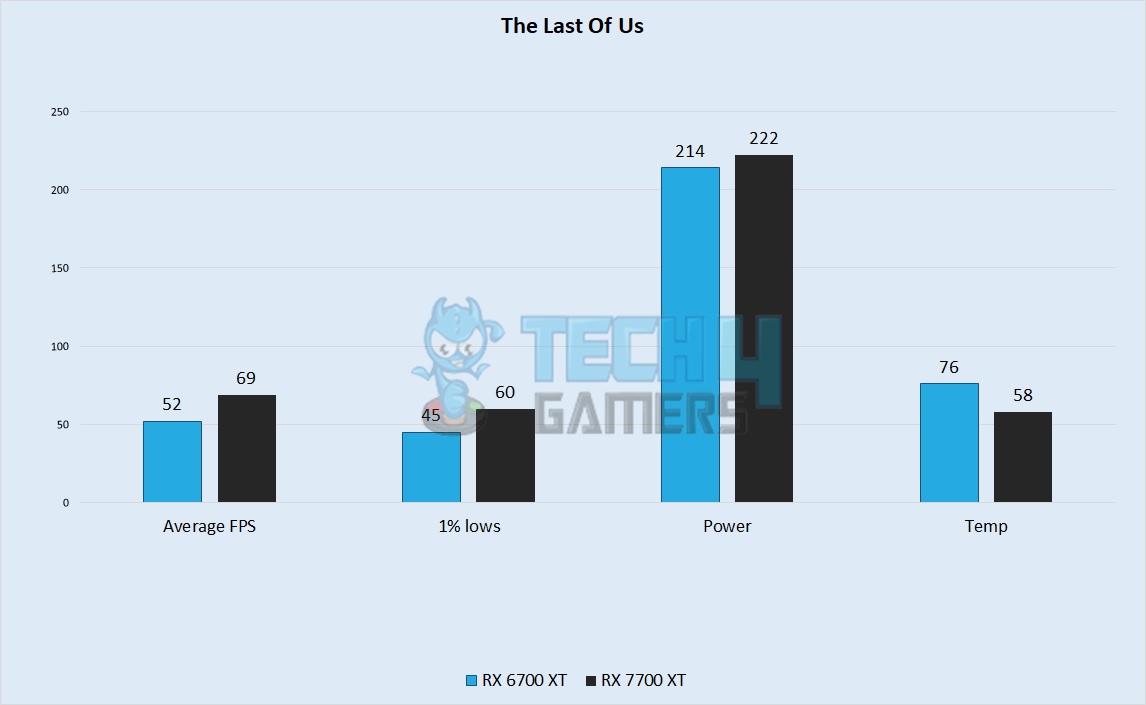
- I was surprised to see The Last Of Us run better. My RX 7700 XT hit 69 FPS, while the RX 6700 XT lagged at 52 FPS, about 25% slower.
- Even in tough scenes, the 1% lows were decent. My RX 7700 XT stayed around 60 FPS, but the RX 6700 XT dropped to 45 FPS.
Ratchet And Clank: Rift Apart
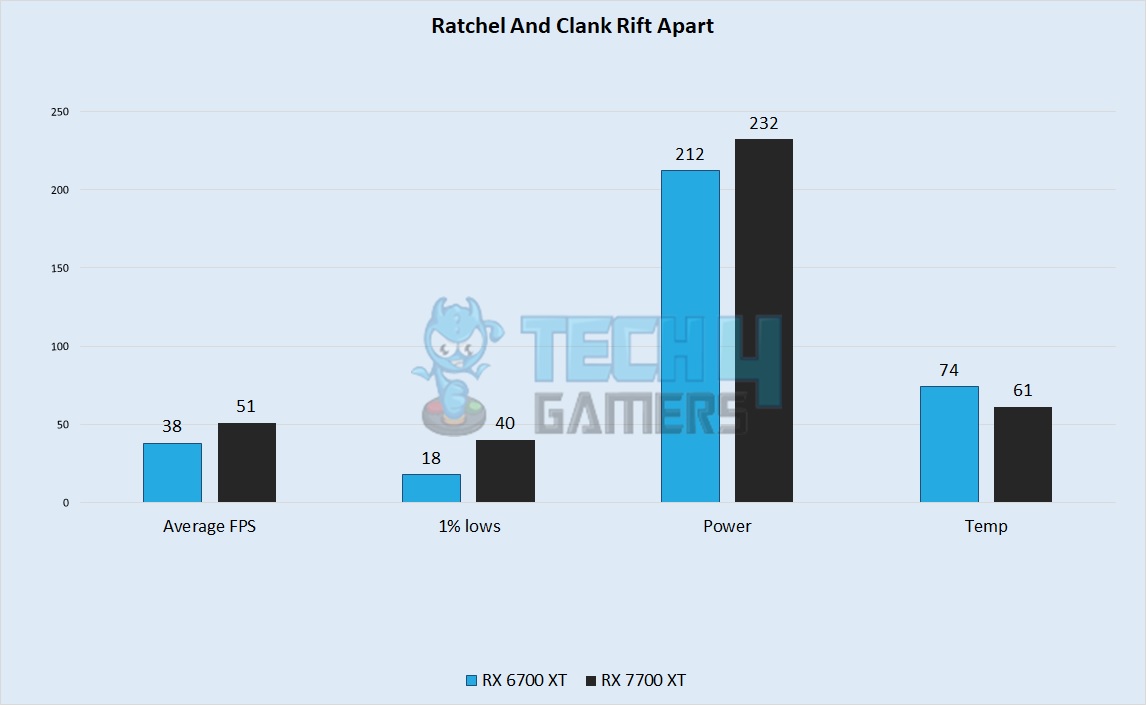
- With ray tracing on, my RX 7700 XT hit 51 FPS, while the RX 6700 XT managed only 38 FPS, showing a 25.5% performance difference.
- The RX 6700 XT’s 1% lows made the game unplayable, dropping to 18 FPS at times. My RX 7700 XT held up better, staying around 40 FPS.
Hogwarts Legacy
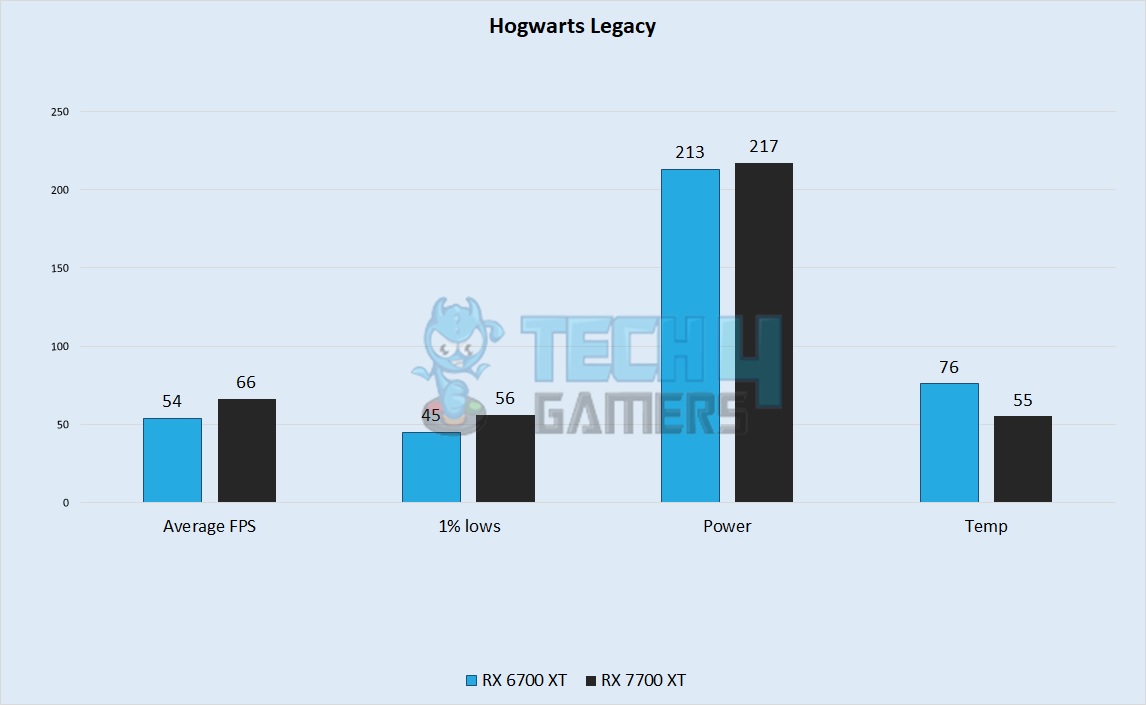
- Hogwarts Legacy kept challenging my RX 6700 XT, showing about 20% less performance than the RX 7700 XT. My RX 6700 XT averaged 54 FPS, while the RX 7700 XT bumped it up to 66 FPS.
- During intense scenes, the RX 6700 XT dropped to about 45 FPS, while the RX 7700 XT dipped to around 56 FPS.
A Plague Tale: Requiem
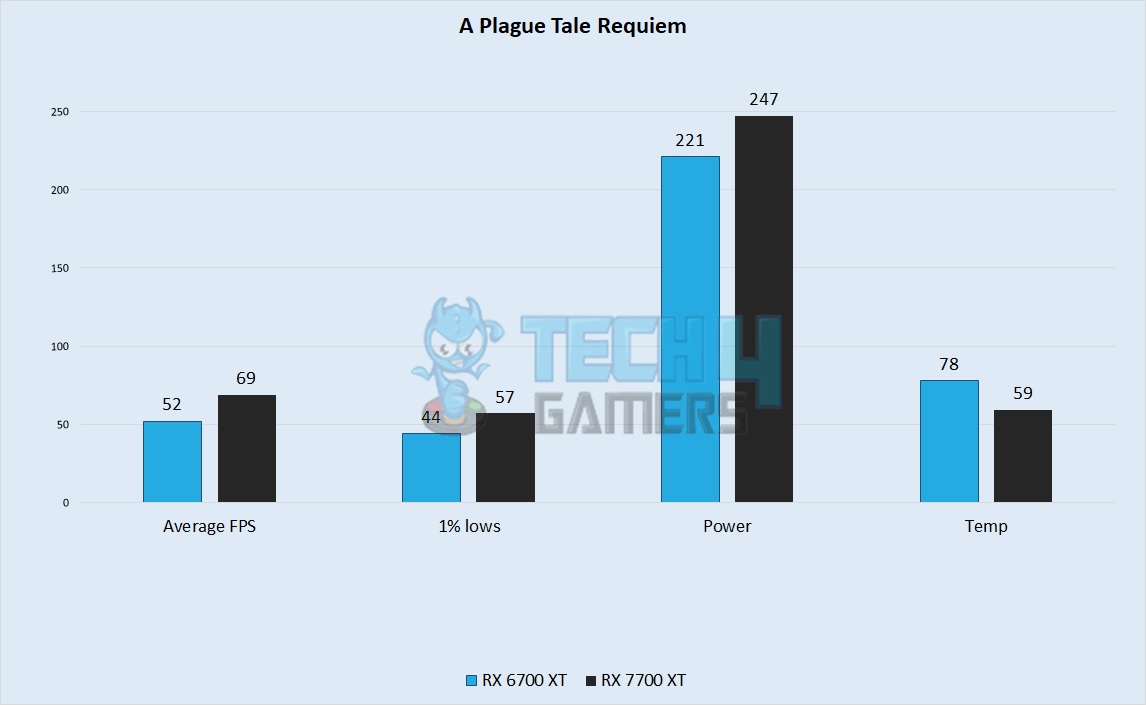
- In this game, my RX 6700 XT and RX 7700 XT had similar averages, but the RX 7700 XT pulled ahead by 25%. My RX 6700 XT averaged 52 FPS, while the RX 7700 XT reached a nice 69 FPS.
- The 1% lows were noticeably different too. The RX 6700 XT hit 44 FPS, but the RX 7700 XT stayed strong at 57 FPS.
Immortals Of Aveum
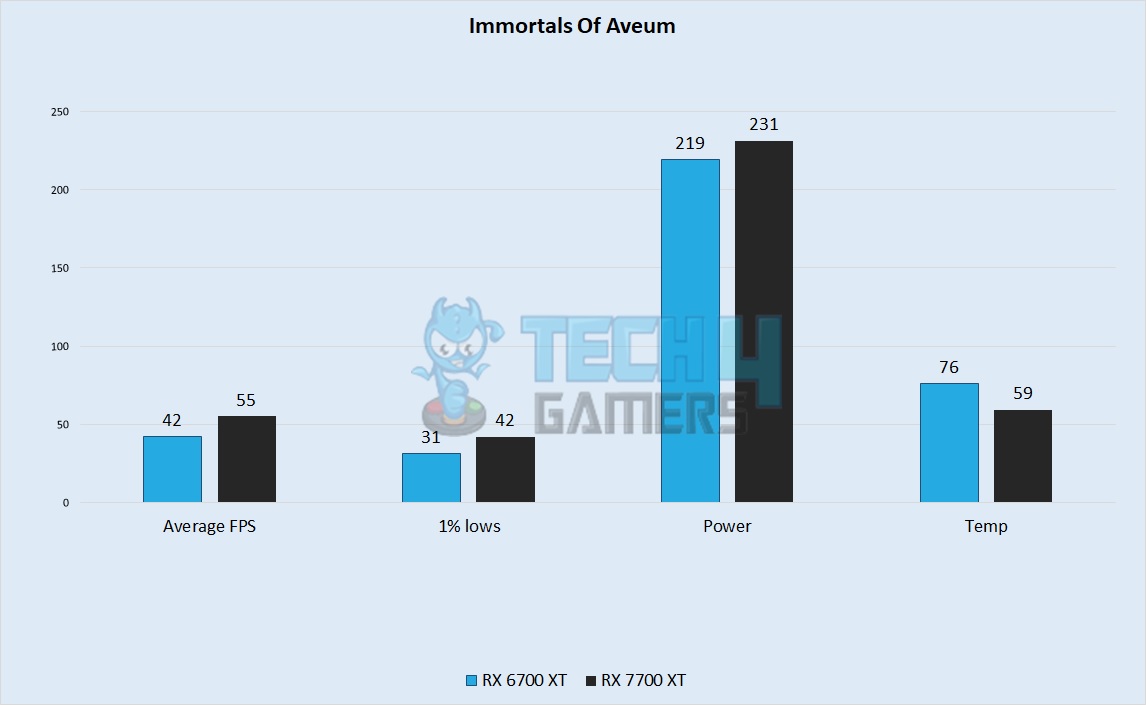
- In Immortals Of Aveum, my RX 6700 XT fell behind by about 24%, averaging around 42 FPS, while the RX 7700 XT scored 55 FPS.
- Interestingly, the RX 7700 XT matched its predecessor’s average framerate in the 1% lows, maintaining around 42 FPS. However, my RX 6700 XT struggled with lows dropping to 31 FPS.
COD Warzone 2.0
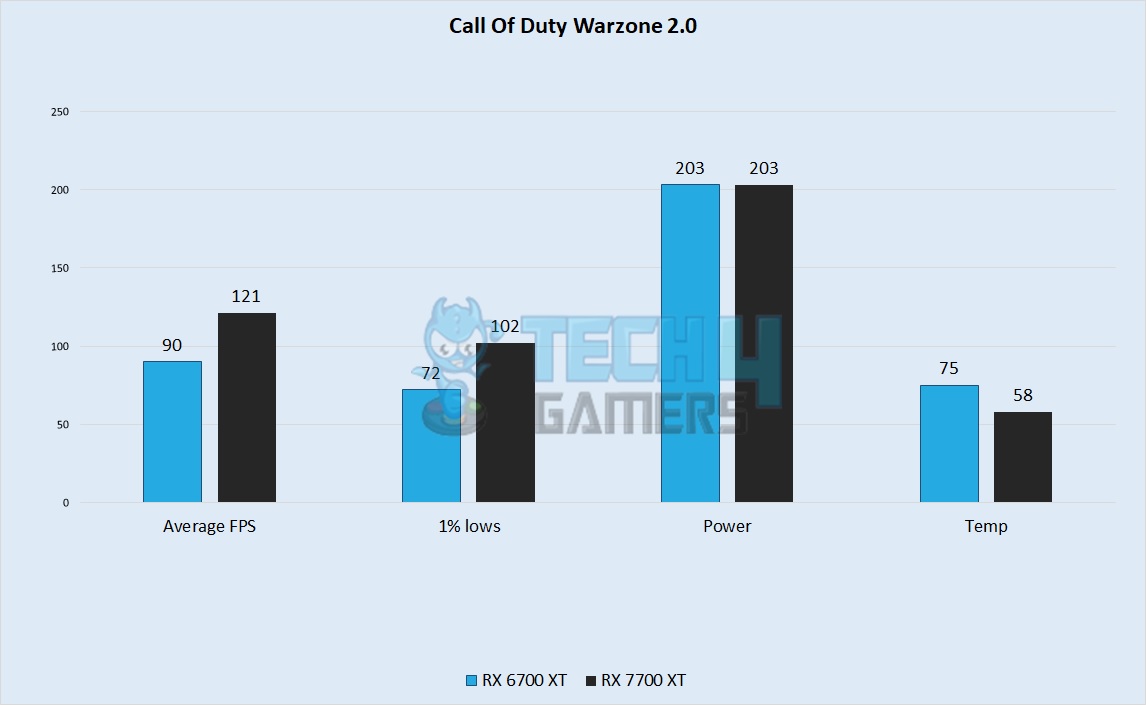
- In this competitive shooter, my RX 6700 XT lagged by 26%, averaging only 90 FPS, while the RX 7700 XT soared with 121 FPS.
- Even during intense moments, my RX 6700 XT dropped to 72 FPS, while the RX 7700 XT stayed smooth at 102 FPS.
Overall Gaming Performance
| Featured | RX 6700 XT | RX 7700 XT |
|---|---|---|
| Average FPS | 52📈 | 68📈 |
| %1 lows | 42📉 | 55 📉 |
| Winner: AMD's RX 7700 XT | ||
The RX 6700 XT fell noticeably behind its successor, averaging 52 FPS, dipping to 42 FPS on average during intense moments. It was about 23.5% slower than the RX 7700 XT. The RX 7700 XT had an average framerate of around 68 FPS with 1% lows in the range of 56 FPS.
Power Consumption
| Featured | RX 6700 XT (W) | RX 7700 XT (W) |
|---|---|---|
| Average Power Consumption | 213⚡️ | 224⚡️ |
| Winner: AMD's RX 6700 XT | ||
On average, the RX 6700 XT drew around 213 watts of power, whereas the RX 7700 XT drew 224 watts from the wall. This similar power draw with better performance makes the RX 7700 XT about 25% more efficient than the RX 6700 XT.
Thermal Efficiency
| Featured | RX 6700 XT (°C) | RX 7700 XT (°C) |
|---|---|---|
| Average Temperature | 75🌡️ | 58🌡️ |
| Winner: AMD's RX 7700 XT | ||
The lower board power and overbuilt cooler on our version of the RX 7700 XT proved to be very good for the thermals of this card, which averaged around only 58°C. The temperatures on the RX 6700 XT seemed high in comparison, hovering around 75°C.
Price And Availability
| GPU | MSRP | Current Price |
|---|---|---|
| RX 6700 XT | 💲479 | 💲449 |
| RX 7700 XT | 💲420 | 💲410 |
| Difference | 13% | 9% |
There is a 9% difference between the current prices of two GPUs, the RX 6700 XT and the RX 7700 XT. Right now, the RX 7700 XT is priced at $410 while the RX 6700 XT is at $449.
Final Verdict – What We Recommend?
AMD RX 7700 XT: With better gaming power, it’s around 23.5% faster than the RX 6700 XT. It sets a new bar for exciting gaming. Even though it’s more powerful, it uses about the same amount of power as the RX 6700 XT, making it about 25% more efficient.
AMD RX 6700 XT: It’s a bit slower in gaming than the RX 7700 XT but it’s cheaper and uses power well. Even though it’s less expensive, it still gives good gaming, especially when you tweak settings and use FSR (FidelityFX Super Resolution).
Overall, if you’re all about pushing your gaming limits and don’t mind paying a bit extra for it, go for the RX 7700 XT. But if you’re like me and want a good gaming experience without breaking the bank, the RX 6700 XT is a great option.
Frequently Asked Questions
Yes, if you can turn your settings down a nudge, you can play a fair amount of games at 4k. You can further increase this performance by using FSR.
If your supporting components are in the same performance tier as the RX 7700 XT, you can get away with using a 500-watt power supply without ever worrying that your card is being underpowered.
Depending on the region, you can already find the RX 7700 XT under its launch MSRP.
More From RX 7700 XT:
More From RX 6700 XT
Thank you! Please share your positive feedback. 🔋
How could we improve this post? Please Help us. 😔
[Hardware Reviewer]
Hi! I’m Ali Tauseef, and I have been writing for Tech4Gamers since 2022. I love all things computer hardware but am particularly fond of CPUs and motherboards, and I like to stay up-to-date about the latest advancements in these worlds, and when possible, write about it. When I’m not doing that, I like to get into a little FPS action in CS2 or get lost in the vast world of RDR2.
Get In Touch: ali@tech4gamers.com


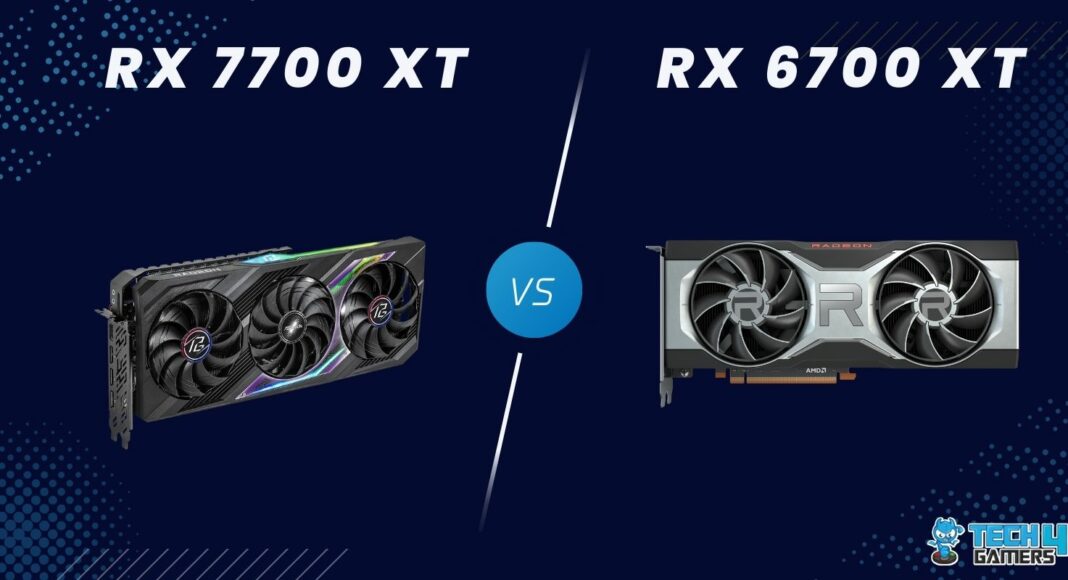
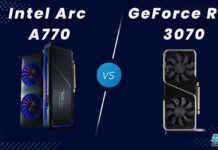
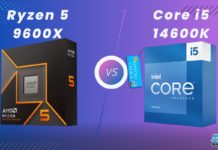
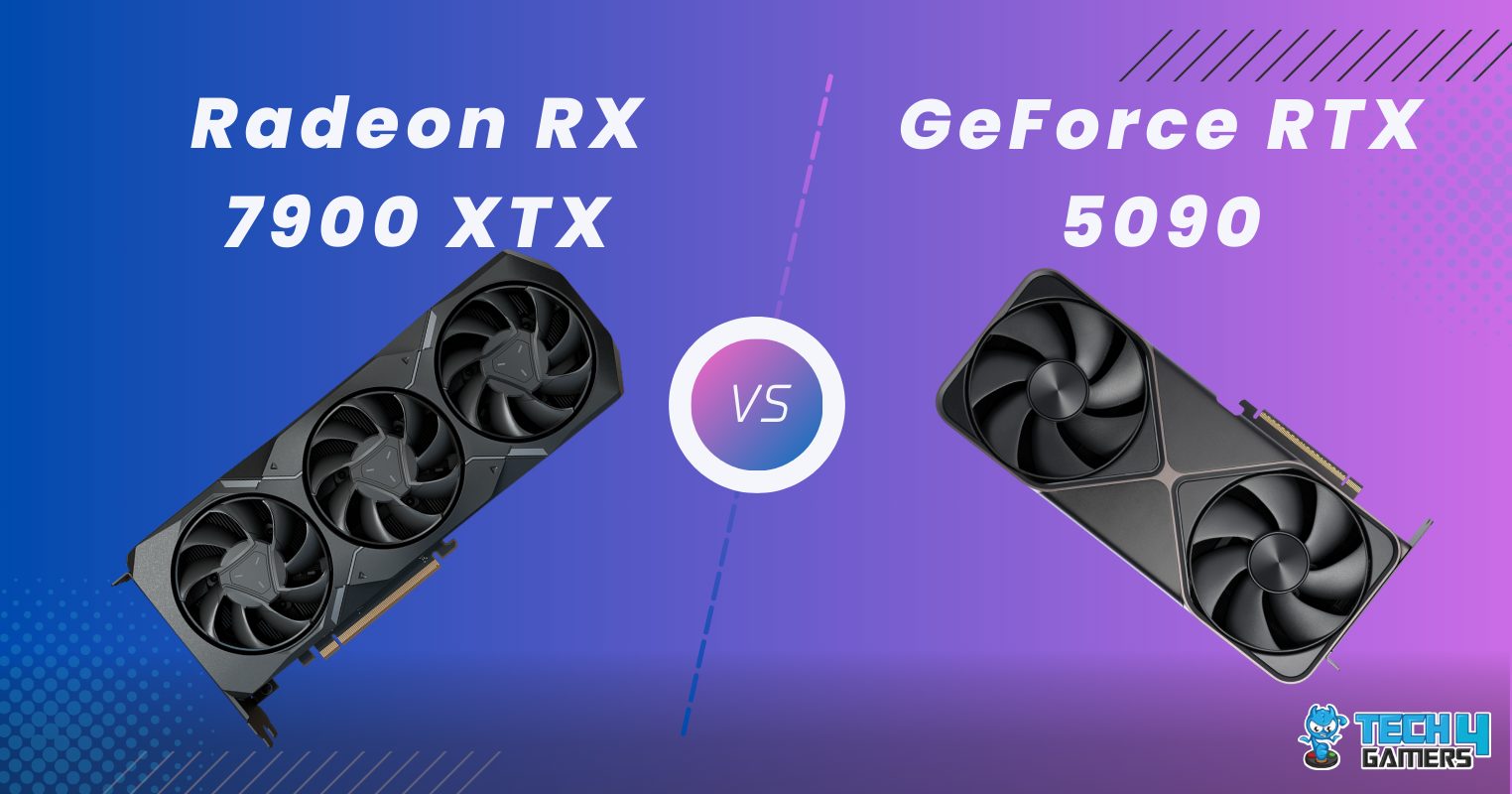
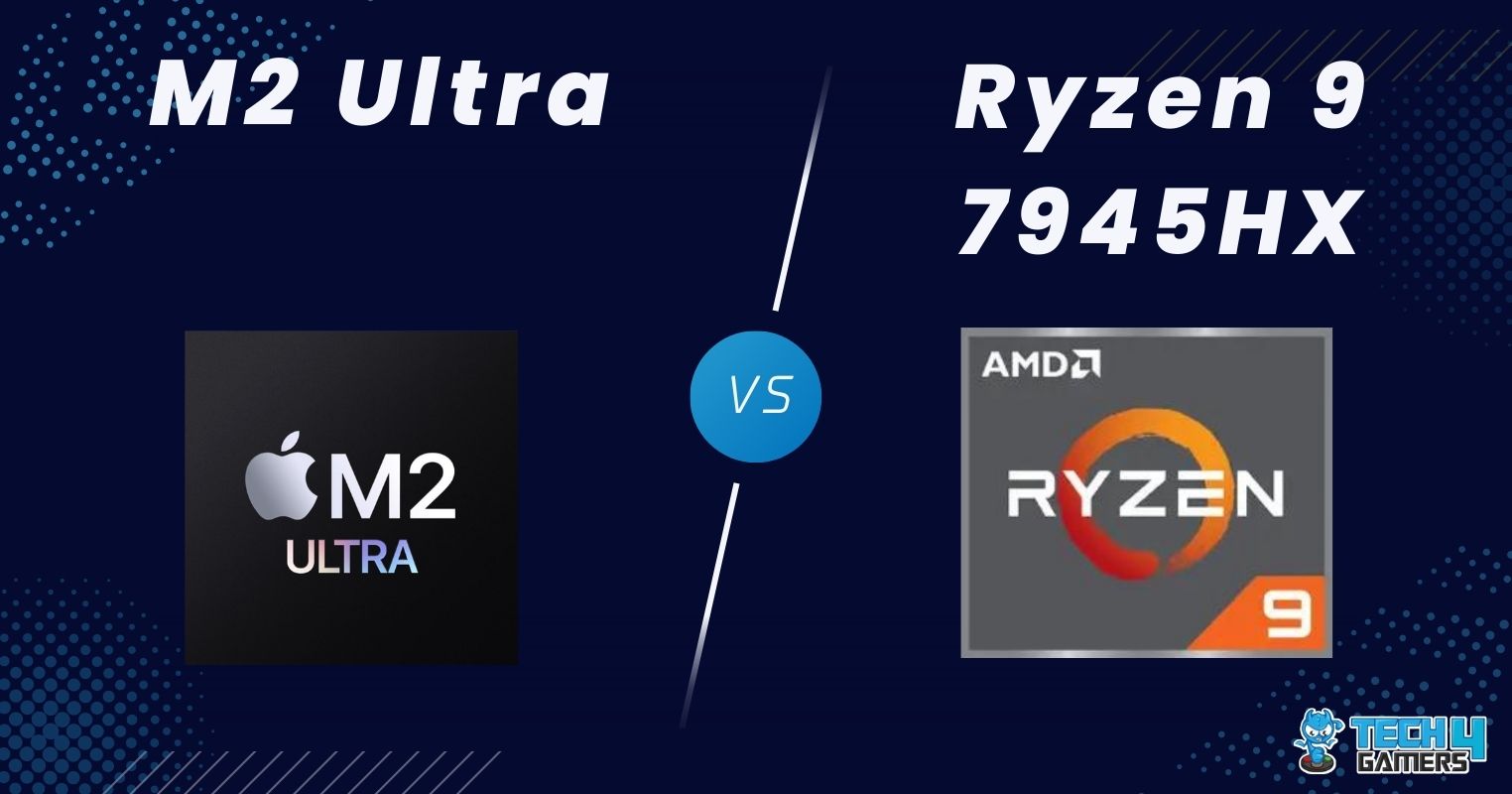
![Core i3 13100 Vs Ryzen 5 5600 [8 Games Tested]](https://tech4gamers.com/wp-content/uploads/2023/07/CPU-Comparison-Template-NEW-218x150.jpg)